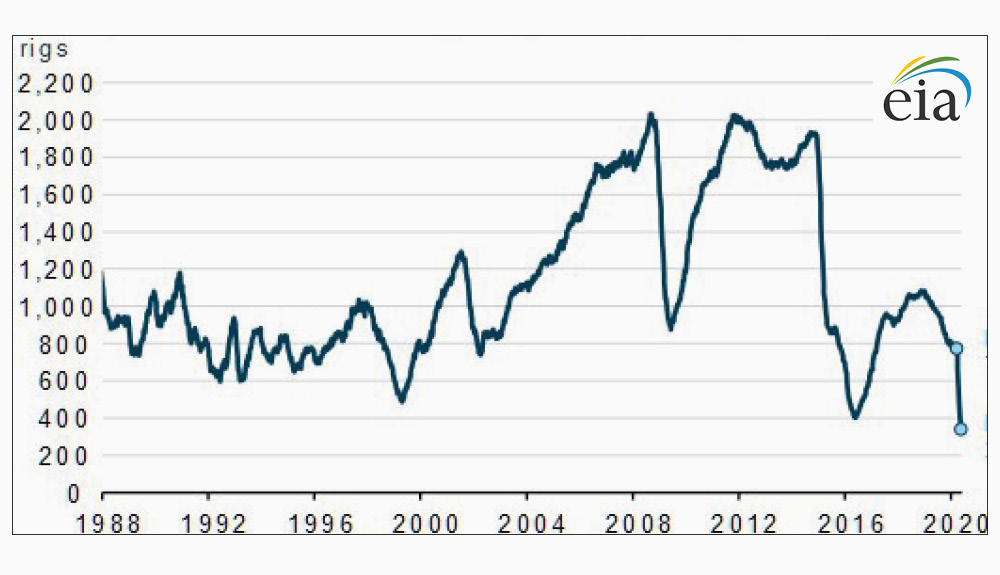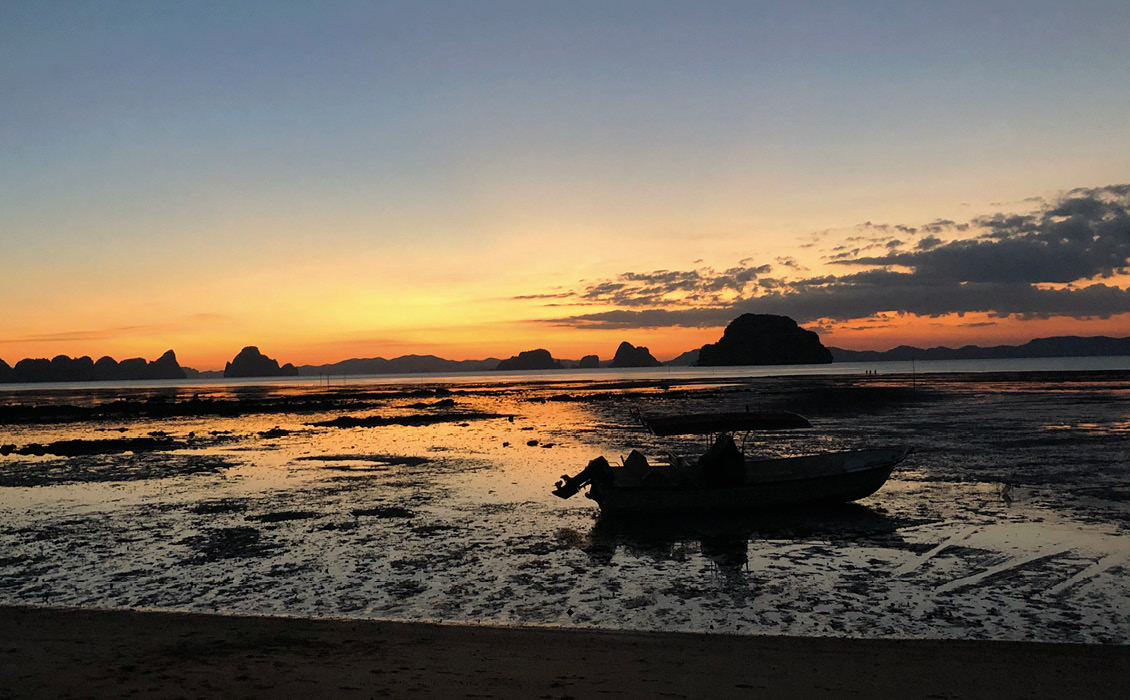I am sure I am not the only one to feel that 2020 is a year that I will be glad to put behind me. Although the word ‘unprecedented’ has been somewhat over-used in recent months, there was certainly no way any of us were prepared for what this year has brought. Illness and, sadly, death, came into much closer focus for many of us, and an awareness has sunk in of how everything we take for granted in our daily life can be abruptly terminated. For a lot of people, including many in the energy industry, the pandemic has had a huge financial toll as they have lost jobs or been put on reduced hours and wages, and for 2020 graduates, the opportunities for starting their careers in oil and gas have been very limited.
Oil prices plummeted as demand sunk and exploration drilling reduced substantially. On the UK Continental Shelf, for example, only five exploration wells were spudded in 2020, the lowest number since drilling began in the 1960s, while the US rig count dropped from about 800 at the start of the year to under 300 by the beginning of June, and is still only around 340. Global conventional discoveries are predicted to amount to 8 Bboe, according to Rystad Energy, in comparison to 15.6 Bboe in 2019. Service companies in the sector have been particularly hard hit, with, for instance, Schlumberger’s third-quarter North America revenue down 59% from a year earlier.
With working from home, few opportunities to travel and little social interaction, to many it seemed like life in 2020 has been put on hold.
But it is not all bad news. For many, putting life on hold has allowed them to take stock and revaluate their priorities, appreciate their families, friends and business colleagues and develop some new skills, for both work and relaxation. Even GEO ExPro has taken to publishing video interviews! (GEO ExPro Welcomes a New Editor in Chief).
There are silver linings everywhere. The conventional global discovery total is, in fact, larger than had been anticipated earlier in the year and also greater than the 7.7 Bboe discovered in 2016, immediately after the oil price crash. The number of wells being drilled may have dropped, but so too has the cost of rigs and many other aspects of drilling, making both conventional and unconventional exploration more economic at lower commodity prices. E&P companies that tightened their belts through the recent oil price crisis are having to reinvent their operating models to improve efficiency and extend the economic life of their assets, as well as reduce greenhouse-gas emissions.
The Covid crisis seems to be accelerating the energy transition, with Rystad Energy now predicting that oil demand will peak at only 102 MMbopd, possibly as early as 2028. A number of governments have launched post-pandemic green stimulus packages and many O&G companies have used the slow-down in production to take stock of their attitude to this and have declared ambitious net zero targets. The number of planned hydrogen projects worldwide has surged, many using gas as feedstock, albeit temporarily, with carbon capture and storage utilised in the process. This should result in more work for geoscientists and for the beleaguered service companies, with exciting new geoscience frontiers also opening in geothermal and mineral exploration, for example.
However, all the forecasts predict a continuing significant role for oil and gas in the energy mix to 2050 and beyond. This will not necessarily be found in new frontier regions: there is likely to be an emphasis on maximising recovery from fields already discovered and on infrastructure-led exploration. These trends should result in an uptick in exploration and hopefully a rapid economic resurgence as soon as we have managed to put the pandemic behind us. Hopefully, with the beginning of vaccine distribution around the world, we will not have too long to wait.
Covid-19 has left its mark throughout the world on health, economics, travel, work and social interaction. Its impact will remain with us for a long time, and some of these changes could even enrich our lives. For better or worse, 2020 will not be forgotten quickly.







